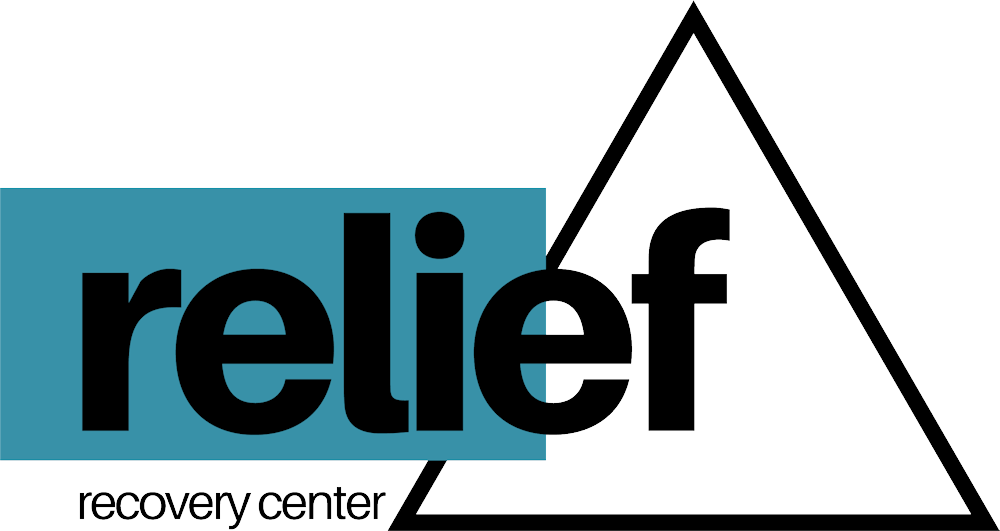Staging an Intervention Guide:
Helping a Loved One Overcome Addiction
Addiction’s most dangerous side effect is the self-induced deception of not needing or seeking help. Stigma is real and is often misunderstood. The feelings of guilt, fear, and shame, along with other factors, prevent people from receiving the help they need despite the high demand for healthcare.
Are you worried about a loved one’s addiction?
Need Help Staging an Intervention?
This persistent refusal to receive treatment accurately depicts the addiction cycle and the downward spiral that occurs. If left untreated, it commonly results in the occurrence of physical, psychological, and social health consequences, sadly sometimes fatal ones.
That’s why staging an intervention is often a life-saving act of love intended to prevent fatal outcomes. They say addiction is a family disease because truthfully, it takes a toll on everyone and all aspects of life.
These last resort actions can be the eye-opening experience someone needs to turn their life around. Luckily, there is access to high-quality care available. Relief Recovery Center in Cape Cod, Massachusetts, specializes in treating the disease of addiction through evidence-based treatment programs.
When someone you love is suffering from a harmful addiction habit and refuses to receive help, it can evoke many emotions, including anger, anxiety, fear, etc. The loving action on behalf of family and friends to help a loved one overcome addiction requires professional help.
Our intervention guide provides all the resources and information necessary to assist your struggling loved one get the help they need and make the transition for everyone a little bit less stressful.
What is an Intervention?
An intervention is an event staged by friends and family on behalf of an addicted party to help improve an addiction disorder. This is a necessary action exercised when the struggling party refuses to receive or seek help.
Staging an intervention is often a last-ditch effort to prevent the struggling party from causing further harm to themselves or others.
What Are the Types of Interventions?
There is no one size fits all intervention.
Crisis Intervention
Stressful life trials can often be the source of substance abuse becoming a coping mechanism. Therefore, it becomes essential to train you how to deal with the crisis at hand to properly cope. This also helps the addicted party prevent future relapse by learning how to deal with any unforeseen life occurrences that may arise. Training you on how to deal with life’s underlying struggles with strategies and techniques, such as psychotherapy may be your loved one’s greatest recovery solution.
Family Intervention
During the intervention, individuals assemble to confront their loved ones with particular examples of how their damaging behaviors and addiction have impacted them and why accepting to go to treatment would change their life, as well as everyone involved.
Traditional Intervention
Simple Intervention
Before staging an intervention, the chosen family member will undergo medically-administered training methods to help open the eyes of the addicted party. This training includes special support training tools and techniques that will encourage a positive response to accepting treatment.
What are the Benefits of an Intervention?
Incredibly, the benefits expand beyond the mere scope of treating addiction, it can improve each individual in different ways moving forward. Bearing that in mind, here are a few of the benefits that are most commonly reported with staging an intervention.
Relationships are Mended
A Strong Support Team is Formed
It’s an Eye-Opening Experience for Everyone Involved
Almost equally important is it opens the eyes of all parties to understand the nature of addiction and be sympathetic to the struggler’s condition. This does not mean giving them an excuse to indulge. However, it sheds light on the difficulties that arise with substance and alcohol dependency. Most proactively it shows you how to play a part in the big scheme of achieving sobriety as a team.
Why Does Having an Intervention Specialist Matter?
This understanding enables doctors to teach proven medical methods to help you be a proactive attribute to overall recovery. Beyond that, they can equip you with medically and scientifically tried support and confrontation methods that produce a positive response.
Speak to an intervention specialist today to learn more about how you can begin the process of staging an intervention for a loved one in need.
How Does a Specialist Prepare you for Intervention?
Elect a Team Leader
Discuss Previously-Adopted Approach Methods
This allows you and the specialist to get to know one another. This also enables your intervention expert and the participants to gain a broader understanding of the condition and depth of the addicted. This understanding equips everyone with a more defined way to approach their loved one with their struggle.
Formulate a List of the Harms of Alcohol or Substance Abuse
Produce Individual Impact Statements
Rehearse the Process
Relief Recovery Center Has The Quality Treatment You Need
However, it is important to add that interventions are not a cure, they are a tactic to help open the eyes of the struggling party. The whole point of intervention is to let encourage them to get the help they need.
Call Us Today
For assistance in staging an intervention, take that important first step, and contact our specialists today to change your family’s life for the better.
